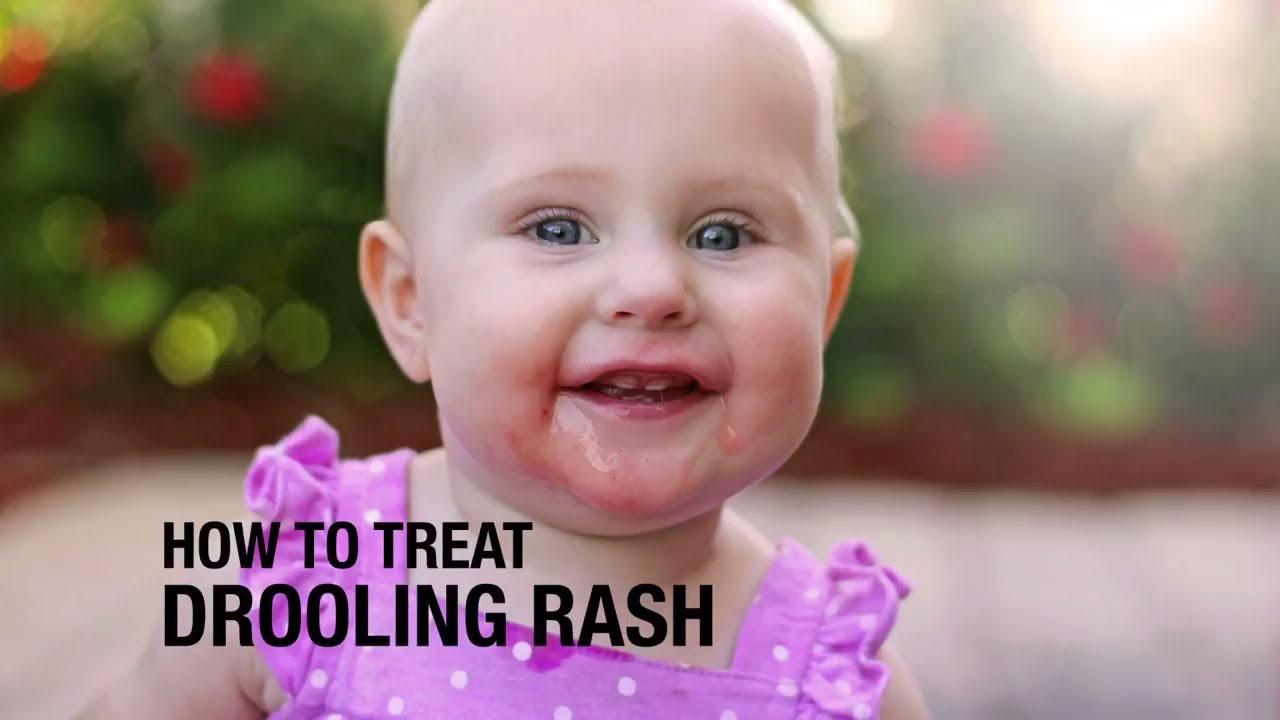Swelling and bruising will peak in the first two weeks after your facelift. At this point, most patients can resume their jobs and other social obligations.
Be prepared with shirts that button, zip or tie. Also, ensure you have enough food to last a few days or longer.
Preparing For Your Facelift
You’ll likely want to take some time off work and arrange for someone to stay with you after your surgery, particularly if your procedure is performed in the hospital. It would be beneficial if you also started eating better, drinking more water, and abstaining from alcohol. By doing this, you’ll heal more rapidly and have less pain, swelling, and bruising.
On the evening before your facelift, avoid eating or drinking anything after midnight. This is crucial since you won’t be able to eat or drink after surgery because you’ll be unconscious.
In the days after your facelift, aim to consume soft, simple-to-chew meals like soups, smoothies, and pre-cut fruits and vegetables. This guarantees you receive all the nourishment you require as you recover.
Your surgeon will give detailed instructions on what to expect during and after your facelift. Be sure to read these carefully and ask any questions you may have.
While facelift surgery can be incredibly effective, it cannot completely stop aging. You must continue healthy eating, exercising, sunscreen, and quitting smoking to keep your results. If you follow these guidelines, your facelift will last long. However, the same longevity of your facelift will depend on many different factors. It will also be influenced by how soon you have the procedure done.
During Your Facelift
The first step in preparing for a facelift is scheduling a consultation session. Your surgeon will look at the skin on your neck and face, listen to your goals, and treat any issues during this session. They will also take photographs for reference.
At this point, your surgeon will make a recommendation regarding any pre-operative treatments and medication you should start taking. For example, they may recommend you stop blood-thinning medications, including aspirin, a week before your surgery. This lowers the possibility of post-procedure severe bleeding and bruises.
You must also plan your travel to and from the surgical center and stay home for several days after your treatment. You cannot drive yourself after a facelift since a general anesthetic was used.
You should wear loose, comfortable clothing that zips or buttons up the front on the day of your procedure. It would help avoid any jewelry, as you must remove it before surgery. Swapping these for glasses the night before your operation is a good idea if you normally wear contact lenses. It would help if you also had entertainment lined up to pass the time. This will help you remain relaxed and distracted during recovery.
Post-Facelift Care
After your facelift, it is important to have some post-operative care in place. This can hasten the healing process after surgery and lower the risk of problems like infection or protracted edema. This necessitates preparing a friend or relative to stay with you for a few days. It would help if you also asked for time off from work until your body fully recovers from the facelift’s effects.
It would help if you started eating a balanced diet and drinking lots of water before the surgery. You will have the greatest chance of recovering successfully if you do this. You must stop smoking at least six weeks before your facelift procedure since smoking might hinder recovery and raise your case of problems.
It would be beneficial if you planned for it. You may also want to have some Aquaphor ointment on hand, which can be used to clean your sutures and incisions. You should also list all medications you are taking, including over-the-counter products and herbal supplements. This will let your surgeon know if these could interfere with the surgery or cause bleeding complications.
After Your Facelift
You can resume most daily activities after one week following your facelift, but it’s still best to avoid strenuous exercise until this point. It’s also important to continue using cool compresses on your face and neck to reduce swelling and bruising. If you need pain medication, follow your doctor’s instructions carefully.
It’s also good to bring books, magazines or handheld games for entertainment during recovery. In addition, be prepared with a supply of loose, comfortable button-down shirts that you can wear over your head. Consider adding a thermometer to your kit for checking fevers, which can be signs of complications.
Remember that a facelift will improve your appearance but can’t stop natural aging. Compared to someone with less skin sagging and wrinkles, you could require more extensive surgery if you have a lot of loose skin and early symptoms of age. See a board-certified surgeon if you need clarification on whether a facelift or another cosmetic operation is right for you.
Discuss any drugs you now or intend to use with your plastic surgeon. Stopping smoking, vaping, or using nicotine products is also a good idea because they reduce blood flow and can result in difficulties following surgery.

















